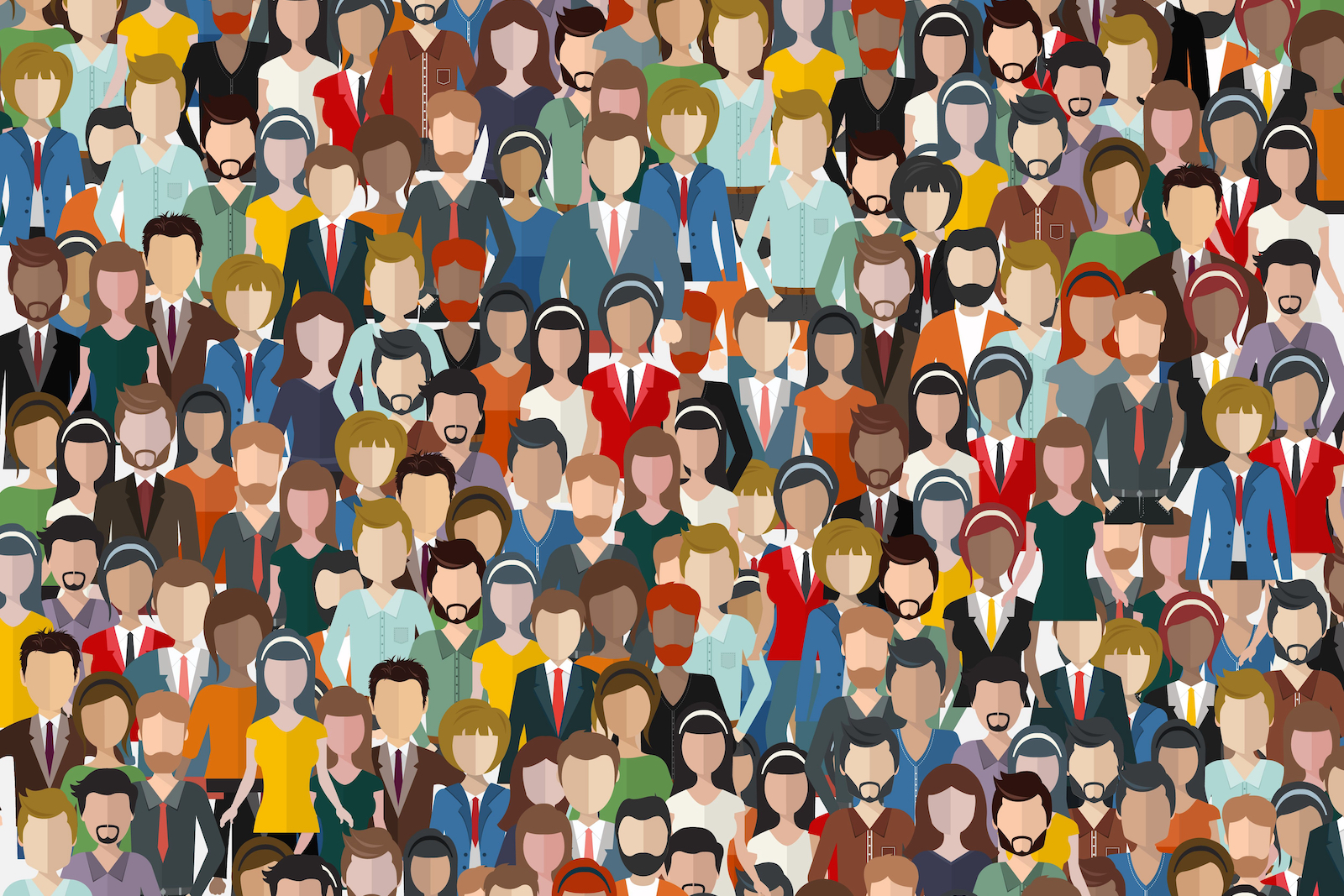
Culture
Why a Sense of Belonging is So Important
What is belonging? According to Cornell University, “Belonging is the feeling of security and support when there is a sense of acceptance, inclusion, and identity for a member of a certain group.” Building upon that, I believe that belonging is what we crave since we are born. Conversely, Abraham Maslow, in his theory of human motivation, places belonging on the third tier because he believed that an individual must satisfy his or her physiological (first tier) and safety needs (second tier), before being able to love and belong. Thus, in Maslow’s view, having a roof, food, and feeling safe is the basis to belong somewhere.
Though belonging is a feeling, it is as important as basic needs because that the lack of belonging drives people to loneliness which can lead to physical and mental illnesses. I argue that Maslow should have placed “belonging” among the physiological needs because belonging is physiological and intrinsic to all human beings.
Psychologists Roy Baumeister and Mark Leary claim that, “the need of human beings to have interpersonal attachments and to feel a sense of belonging with other people is considered fundamental to the species” and that “belongingness needs are innate.” If belonging is a universal human need that is found in all cultures, why do we all crave belonging?
Family is the first clan or group we ever belong to. However, we don’t get to choose which family we have, and the overall function or dysfunction of our immediate kin will have an impact on which groups we will be able to join in the future. If you come from a loving supportive household, you will most likely grow up confident and self-assured. On the other hand, if you come from an emotionally unstable household, chances are that you will grow up fearful and uncertain. Both will affect your social status and your long-term prospects for acceptance and even prosperity.
School is the second group we belong to. Depending on one’s skills, one can be picked first for dodgeball and other sports or picked last. From my previous experiences, I know it felt good to be picked first; I felt important, wanted, accepted, and that I belonged. For me, belonging is a strong motivator to do things, as much as the survival instinct one has when one needs to jump out the window of a burning building. So, between childhood and adulthood, one tries to fit in and belong to different groups. For this reason, one belongs simultaneously to and identifies with many different groups and their associated cultures.
In work-life, one looks for opportunities and companies that share the same values as one’s own self. Thus, belonging is more than just the yearning connectedness to a group or community, it is what helps shape one’s social identity. In his book, The Happiness Hypothesis, Jonathan Haidt claims that a large chunk of one’s happiness derives from social relationships as if one were hardwired for connections. So, connecting at a one-to-one level is good, however, connecting to something greater than oneself summarizes the sense of belonging. In a similar way, it resonates with Confucius’s teachings that one should choose a job one loves, and one will never have to work a day in one’s life.
There are some people that find their sense of belonging by participating in volunteering activities, religious groups, doing hobbies, and being online on social media. Thanks to technology, in today’s world, refugees, immigrants, and digital nomads may feel at home and have a sense of belonging wherever they are. Social media, in general, allows one to really feel like one is part of a community. Groups are formed by people who share common interests. Therefore, joining a group or community fulfills the sense of belonging, to be accepted, wanted, or needed. Though integrating into a new community might take some time and might be different from one person to another, belonging is the feeling that provides safety and comfort. Unlike identity, which tends to be more limited to self-categorization, belonging refers to community embeddedness.
Having lived in over 15 cities, and 6 countries, my strategy to find belonging wherever I go is through creating roots; I surround myself with people that I love, relationships where there is reciprocity, I participate in groups with people with whom I share common interests, I have a job that I love that gives me the feeling of contributing to something bigger, and finally I know that I’ve belonged to myself, my values and principles.

